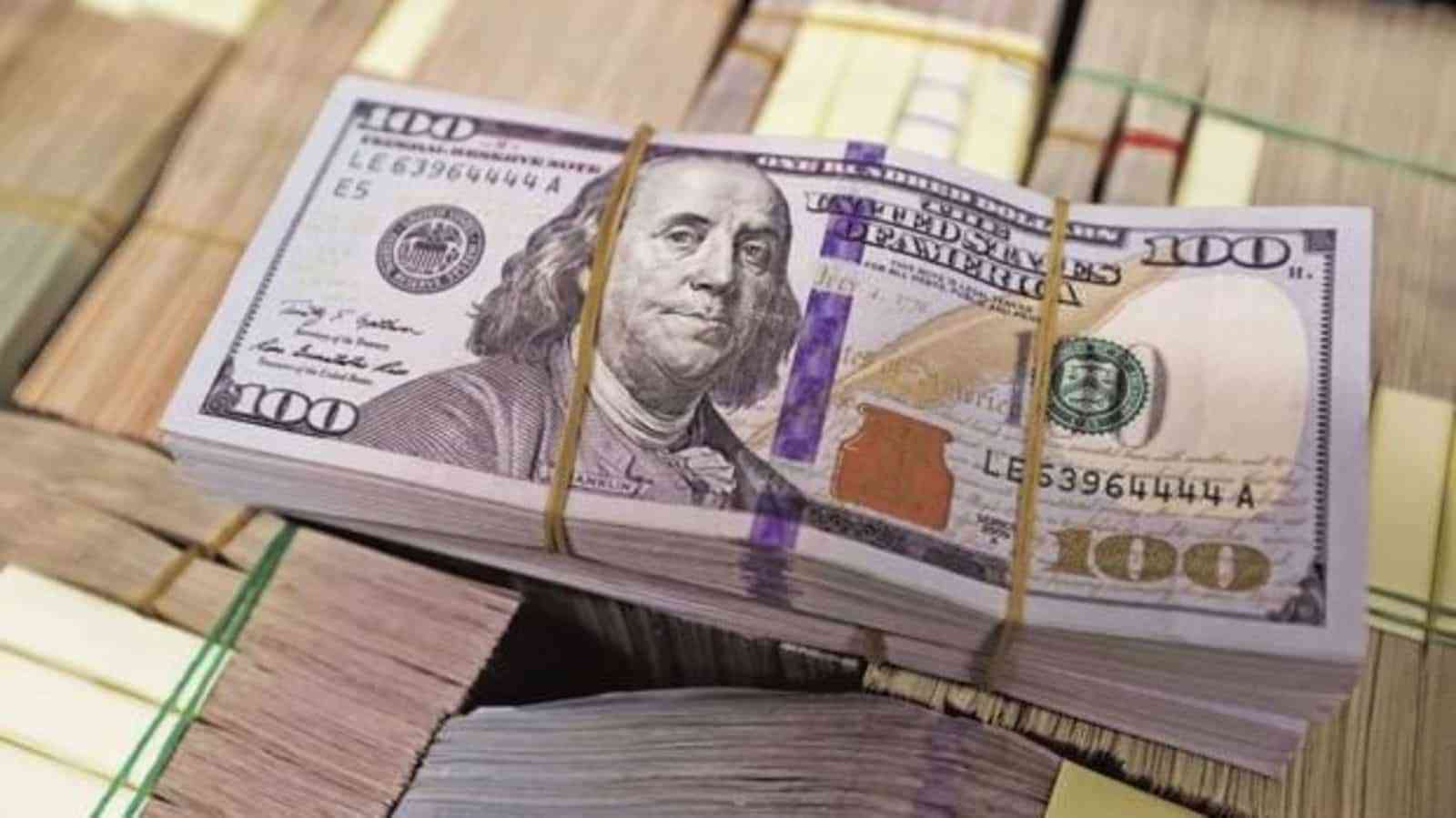
Last week’s instalment discussed how the BRICS — a group of five leading emerging economies namely, Brazil, Russia, India, China and South Africa — is mulling over the establishment of a new reserve currency to better serve their economic interests. This move is seen as an escape from the shackles of Western imperialism and the selfish interests of the United States (US) and its allies.
Since the supposed end of Western colonialism, imperialism subtly continued as the US and its Western allies maintained their policy of extending their power and influence through use of military force, trade and financial control or other means. And over the decades the calls by developing countries were for the end of imperialism as it was an indirect maintenance of colonialism. For their part, the US and Europe, did not heed those calls as doing so would undermine their free access to Third World markets and raw materials and lose control over world affairs.
The economic rise of China, India, Russia and some middle east countries in the last four decades — partly aided by profit-hungry Western investors who moved their businesses to Asian countries in search of cheap labour — is now seen as both a threat to Western hegemony and the beginning of economic emancipation for poor countries.
It is seen as a threat because of its potential to re-organise the world order from the current unipolar to a multipolar system. In the current unipolar system, it is the Western systems and principles that govern the world with the US government and global governance institutions playing an oversight role. This has given the US and its allies the power to dictate global affairs and, in many instances, undermine the development of other nations.
With the US dollar being the hegemonic currency, it played a much more dominant role in global politics and finance to the extent that economic problems in the US would have ripple effects to other countries. Recently, Jim O'Neill, Goldman Sachs’ former chief economist noted that whenever “the Federal Reserve Board (of the US) embarked on periods of monetary tightening, or the opposite, loosening, the consequences on the value of the dollar and the knock-on effects have been dramatic.” Resultantly, these policy shifts undermine or destabilise other economies.
In addition, the US dollar as a global trading currency is one of the tools used by the US government when it imposes sanctions on countries which do not tow its political line. Sanctions and the US dollar are used to bring down several economies and to destabilise other countries. The impact of these unilateral political policies is not felt in the targeted countries alone but also by their trading partners and neighbouring countries. As a result, instead of playing a trade facilitation role, the dollar’s hegemonic effect was becoming a burden and an economic growth impediment on targeted countries and to their trading partners.
This is where BRICS is coming in and seen as a platform upon which Third World’s emancipation lies by establishing a multipolar system. The recent move by China to use its currency, the yuan, for global trade is seen as the first step towards de-dollarisation — a scenario that will gradually diminish the US dollar’s global influence. De-dollarisation is a process of substituting the US dollar as a global currency used for transacting mainly in oil trade.
It is not clear at this stage how the counter currency will be configured but the current calls are for BRICS to establish “a fairer and multi-currency global system” that enables countries to trade without being hindered by the US dollar.
- Zim headed for a political dead heat in 2023
- Record breaker Mpofu revisits difficult upbringing
- Tendo Electronics eyes Africa after TelOne deal
- Record breaker Mpofu revisits difficult upbringing
Keep Reading
The objective of de-dollarisation is not limited to countering the US dollar but comes at the realisation that the US economic and political policies are stifling other countries’ economic growth. Currently it appears as if for countries to achieve economic growth and eradicate poverty they need the permission of the US government.
An alternative currency will help unleash the suppressed economic potential that has been stifled by US policies over the years. This simply means, countries that have not been able to trade freely because of US sanctions, will now be able to do so. It will also help expand markets and give power to poor countries to negotiate trade terms among themselves without the arbitration of the US system.
Already trade between Russia and China using the yaun has surged since last year, with Russia’s Vladimir Putin endorsing the use of the same currency to trade with countries in the none-Western bloc. Brazil signed an agreement with China to trade in the two countries’ currencies. China and Saudi Arabia recently signed US$3,6 billion oil deal while China-India bilateral trade continued to boom increasing from nearly US$90 billion in 2017-18 to US$115 billion in 2021-22.







